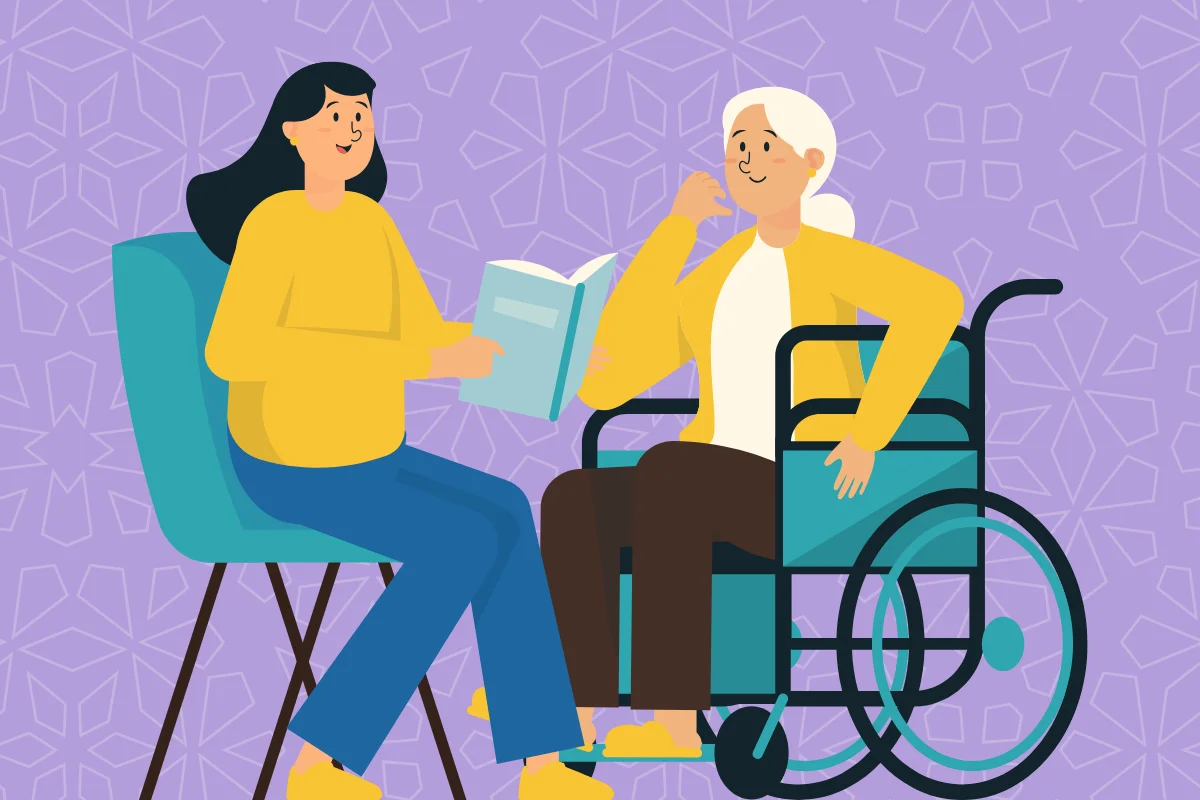Recognizing the Right Time for In-Home Support
Deciding when to seek home care for a loved one is never easy. Families often struggle to find the balance between offering help and respecting independence. However, waiting too long can put a loved one’s health, safety, and quality of life at risk. If you’re starting to wonder whether it’s time for home care, there are several clear warning signs and lifestyle changes to consider.
1. Missed Medications or Medical Appointments
One of the earliest signs is forgetfulness when it comes to medication. Missing doses or confusing prescriptions can lead to serious health complications. In-home caregivers can provide medication reminders and help schedule and transport your loved one to appointments.
2. Frequent Falls or Mobility Issues
Has your loved one experienced recent falls, or are they struggling with balance and walking? Even one fall can lead to a major injury, hospitalization, or permanent mobility challenges. Home care can ensure safety through mobility assistance and fall prevention.
3. Poor Personal Hygiene
Declining grooming habits, such as unwashed clothes, body odor, or unbrushed hair, can be a sign that basic self-care is becoming too difficult. Personal care services can restore confidence and dignity while assisting with daily hygiene routines.
4. Social Withdrawal and Isolation
Seniors who stop engaging in hobbies, family gatherings, or social activities may be experiencing loneliness or depression. Companion caregivers offer friendship and emotional support to reintroduce joy and connection.
5. Changes in Household Cleanliness
If your loved one’s home appears cluttered, dirty, or neglected, it may indicate they’re overwhelmed or physically unable to manage basic chores. In-home caregivers can help with light housekeeping and ensure a clean, comfortable living space.
6. Declining Physical or Cognitive Health
Alzheimer’s, dementia, and chronic conditions like arthritis or diabetes can make living alone increasingly difficult. Home care allows seniors to receive specialized support in a familiar environment.
7. Caregiver Stress or Burnout
Family caregivers play a critical role, but they also need rest. If you’re feeling overwhelmed, emotionally drained, or physically exhausted, it’s time to explore professional in-home care options.
Benefits of Home Care
- Maintains independence at home
- Personalized care plans
- Companionship and emotional support
- Peace of mind for families
- Cost-effective alternative to nursing homes
Conclusion
If several of these signs apply to your situation, it may be time to consider home care. At Absolute Caregiving, we provide compassionate, tailored support to help seniors thrive safely and happily at home.

